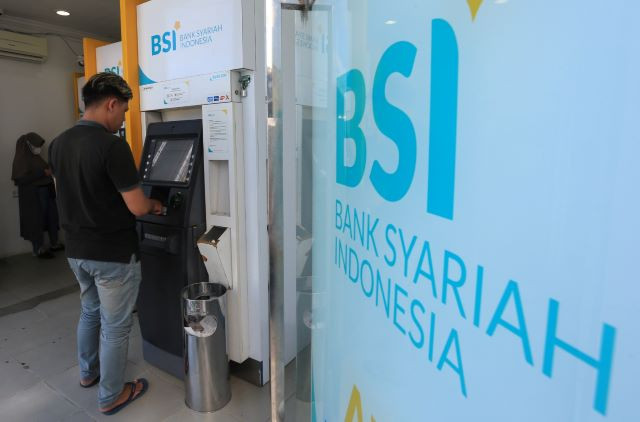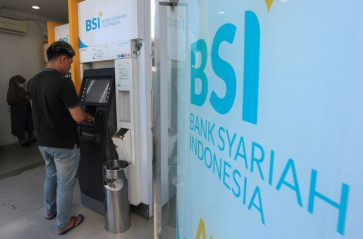Popular Reads
Top Results
Can't find what you're looking for?
View all search resultsPopular Reads
Top Results
Can't find what you're looking for?
View all search resultsRestoring customer trust, triumphing over cyber adversity
Recovering from a cyberattack entails more than restoring customer trust, as it offers a chance to turn adversity into opportunities for growth.
Change text size
Gift Premium Articles
to Anyone
A
bank allegedly experienced a recent cyberattack and data breach. The alleged incident occurred following several days of service downtime that was attributed to system maintenance. According to reports, the bank may have fallen victim to ransomware, resulting in an exposure of customers’ data and passwords used for internal processes and to access its services.
Shortly after the alleged incident, a bank representative explained that the bank was currently undergoing normalization with a primary focus on ensuring the safety of customers' funds and data.
While data breaches can occur in both private and public sectors, when a bank is hit by a cyberattack, it can send shockwaves rippling through the industry. Consumers might feel vulnerable as they question the security of their financial information and the banking industry's capacity to protect their data.
Recognizing the vital importance of trust in the banking sector, banks must take strategic measures promptly and implement a proper plan to restore trust. These moments of crisis present an opportunity for banks to demonstrate unwavering commitment to their customers and their dedication to cybersecurity.
There are several crucial steps banks must take to restore customer trust.
The first step is for banks to demonstrate their unwavering commitment to data privacy and to ensure their compliance with all provisions pertaining to cyber resilience and cybersecurity. In this regard, the Financial Services Authority (OJK) has issued a new regulation, namely POJK No. 11/2022, which addresses the implementation of information technology in commercial banks. It emphasizes the utmost importance of banks to strengthen their governance over implementation of information technology to effectively optimize resources and mitigate risks.
The regulation mandates banks to uphold cyber resilience by implementing specific processes to protect assets, detect cyber incidents and set response and recovery measures. Moreover, banks are required to conduct self-assessments to evaluate the maturity of their cybersecurity and report their results to the OJK. Additionally, banks must conduct cybersecurity testing and establish a dedicated unit to manage cyber resilience and security.



















